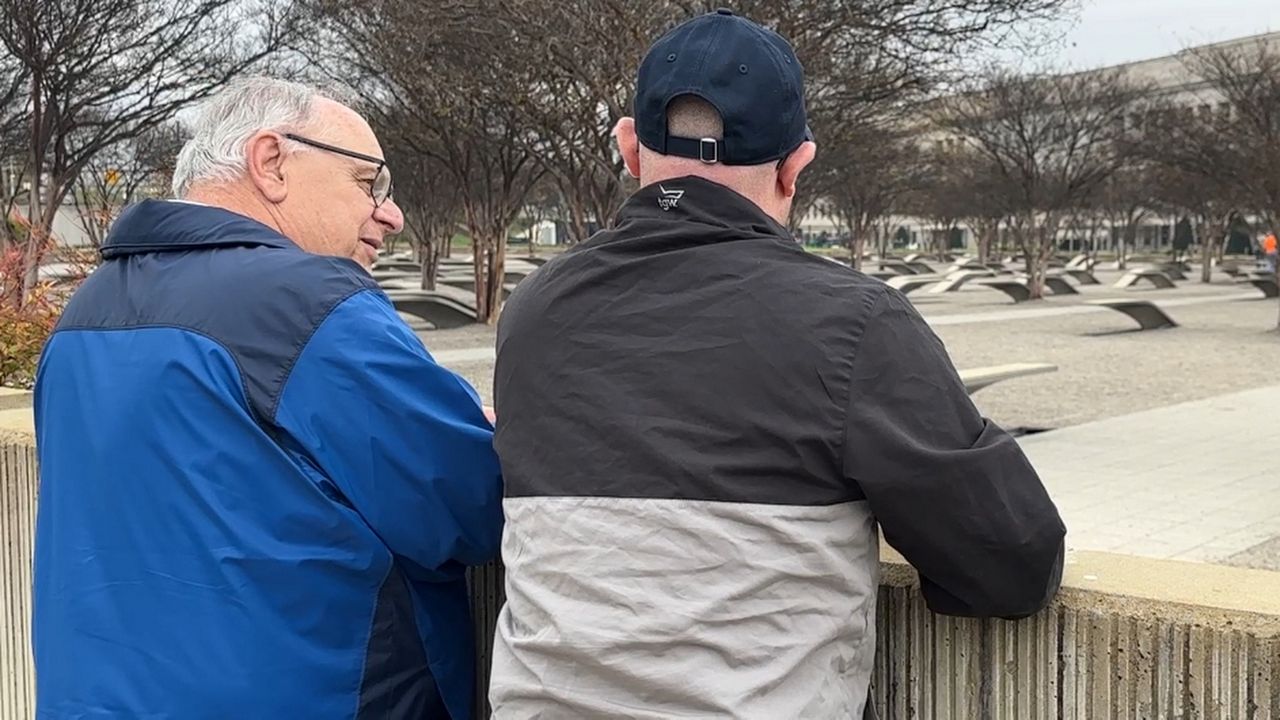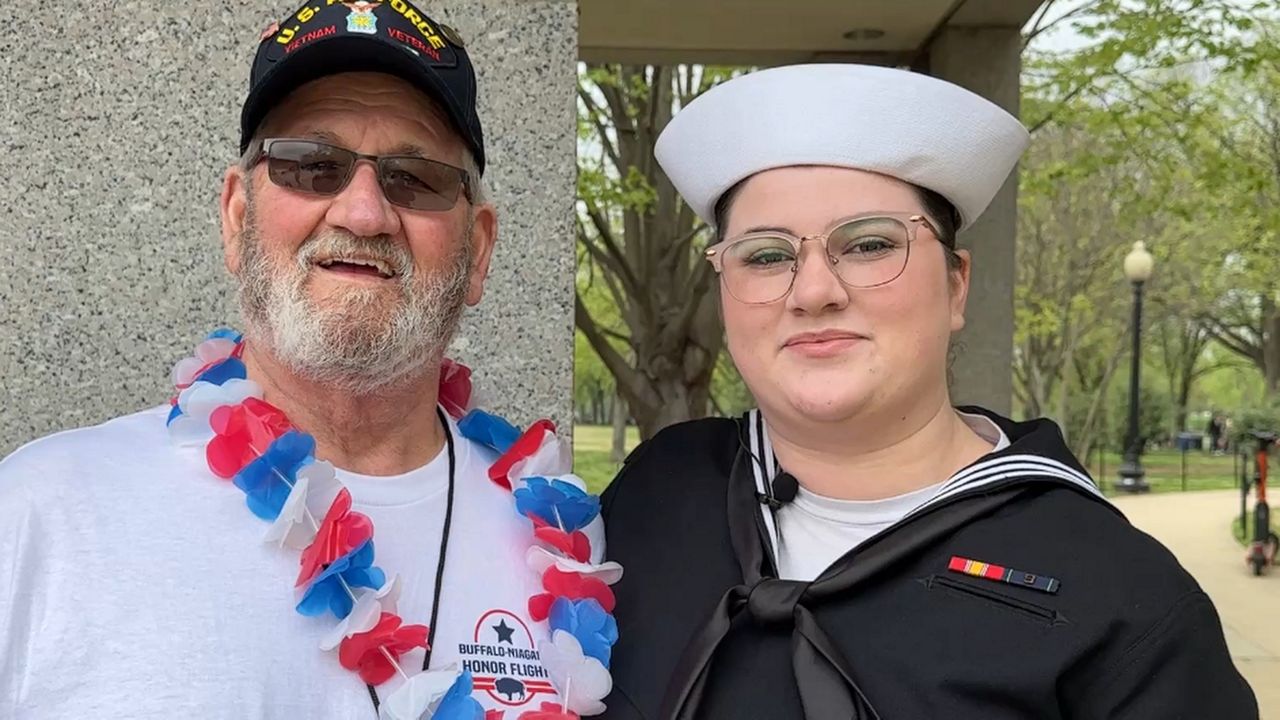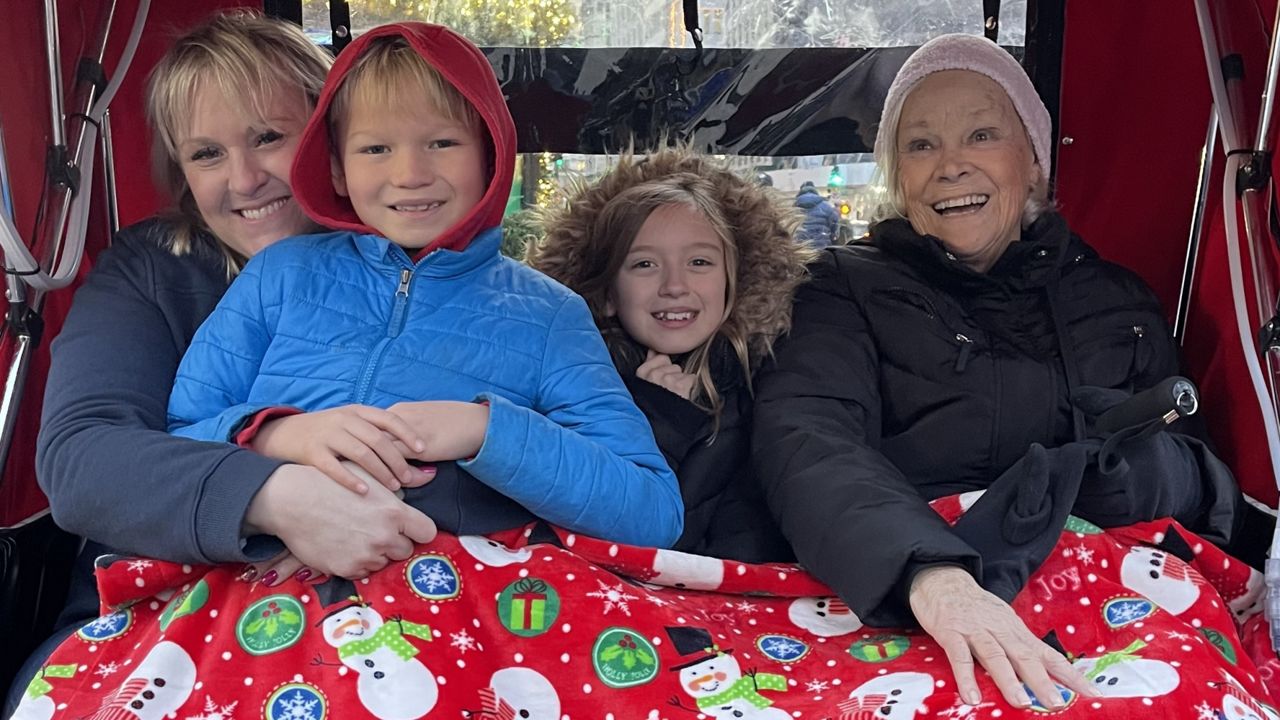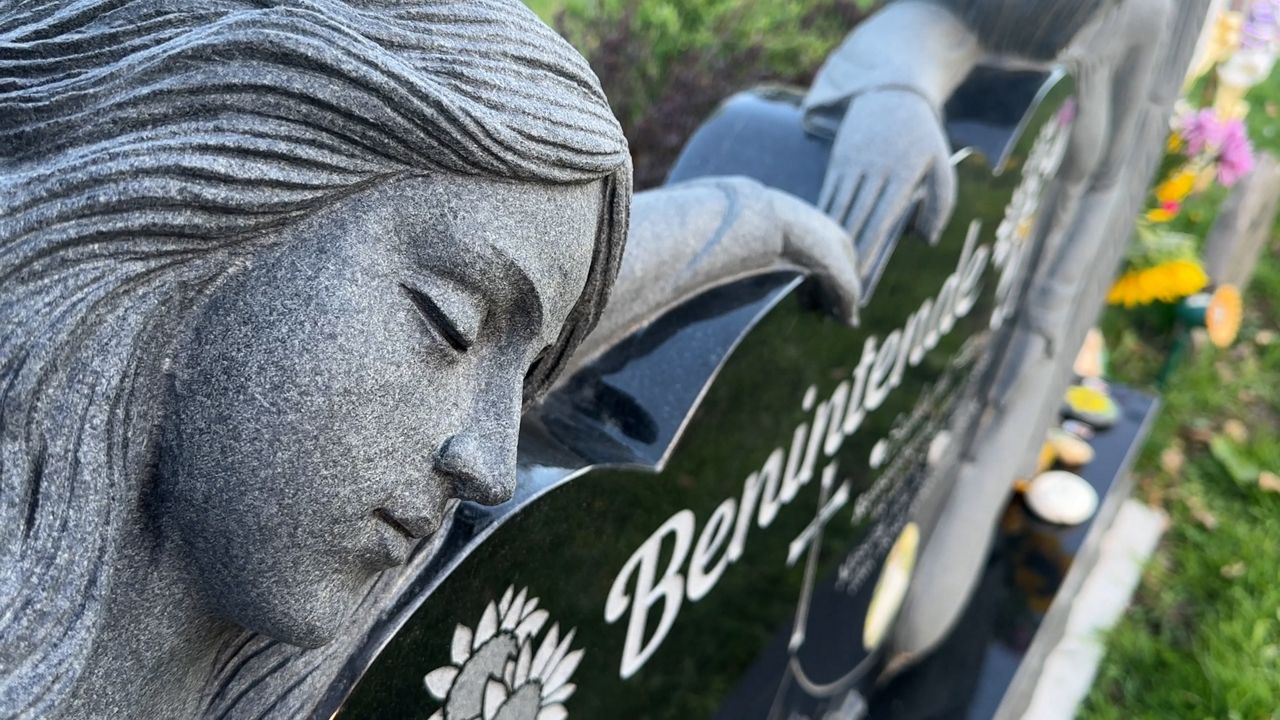This fall marks five years since the #MeToo movement blew up on social media. It led to many people sharing their stories of sexual harassment and some high-profile convictions.
It also made an impact on people throughout Western New York.
“My thought of sexual assault and people that happen to it wasn't negative,” said Amanda, a survivor of sexual assault, whose last name we are not sharing. “You can't really comprehend how much it affects your life until you're put in that position.”
In April 2016, Amanda said after a night out drinking, she went home with some people and woke up the next day to find out she was robbed and her car was stolen and totaled.
Over the next few hours and weeks, she said she realized she was also sexually assaulted by two people.
“It was embarrassing,” Amanda said. “I was ashamed.”
Through her recovery, she realized this event wasn’t her fault and that she wasn’t the only one going through this roller coaster of emotions.
“Right around that time was when the Stanford rape case happened and Chanel Miller, she was anonymous at the time, but her victim impact statement hit the media and it was everywhere,” Amanda recalled.
Amanda started a support group through the Mental Health Advocates of WNY. Not too long after, the #MeToo movement really picked up, with headline after headline spreading through the nation and sparking conversations in groups like Amanda’s and beyond.
“If just one more person says 'me too,' now there's another space for hope and healing,” said Caitlyn Powalski, the director of the advocate department at Crisis Services.
Crisis Services helped Amanda, as well as about 450 other sexual assault survivors each year.
“What I think is changed is how more people talk about this,” Powalski explained. “More people around dinner tables, more people around groups of friends, are able to talk about the #MeToo movement to understand what sexual violence is and to understand how to help somebody who might have experienced sexual assault.”
It was, at times, overwhelming, especially with some negative backlash. But it was also empowering.
“I think it allows the stigma to lessen,” Powalski said. “It allows and normalizes help seeking.”
So if all this happened back in 2017, let’s fast forward. Have things changed?
“You don't see it as much, but it's still there,” said Amanda.
Hundreds of people have come through Amanda’s support group. Some of them even went to law enforcement after #MeToo with their own stories.
She points to extended statues of limitations in New York state around sexual assault as a good thing. But she says there’s a ways to go when it comes to finding resources, especially when it comes to getting justice.
“They may not have seen that type of initiative from the law enforcement that they dealt with and the court system. If it was a cut and dry case, yes, it would be prosecuted,” Amanda explained. "But it was hard to navigate.”
In the long run, even small changes make a difference.
“It's a club no one wants to be a part of, believe me," said Amanda. "But it is nice to have others that are able to understand.”
So maybe over the next five, 15 or 50 years from now, the #MeToo movement will see even more of a cultural shift.
“We're not there yet, because organizations like mine still exist," said Powalski. "My hope is that this continues forward in conversations where we are supporting survivors and we're normalizing that interpersonal violence is not OK.”
For anyone looking for help, Crisis Services’ 24 hour hotline is 716-834-3131.
To reach out to Amanda’s support group, call 716-886-1242 extension 347. You can also email saspeergroup@gmail.com. The group meets virtually on the first Wednesday and third Tuesday of each month form 5:30 pm to 6:30 pm. They hope to shift back to in-person meetings in the future.









